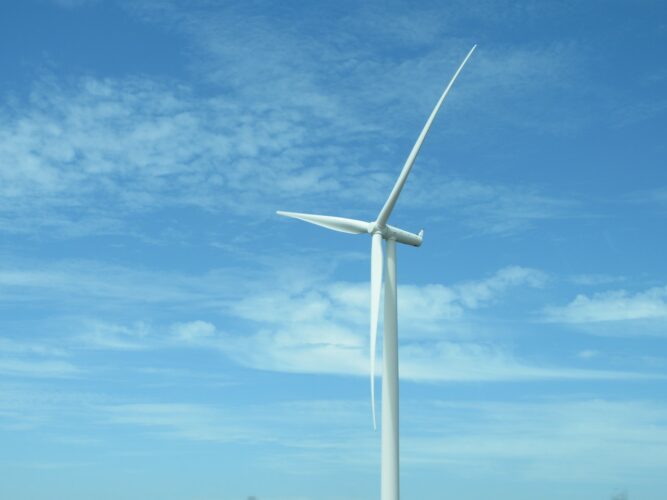Renewable energy has emerged as a transformative force in the quest for a sustainable future. By tapping into natural resources that are constantly replenished, such as sunlight, wind, and water, renewable energy offers a clean and abundant alternative to fossil fuels. In this article, we explore the importance of renewable energy, its various sources, and the remarkable potential it holds for mitigating climate change and building a greener, more resilient world. Join us as we delve into the realm of renewable energy and its role in shaping a sustainable future.
Understanding Renewable Energy
Renewable energy refers to energy derived from naturally replenishing sources that are virtually inexhaustible. Unlike fossil fuels, which deplete over time and contribute to environmental degradation, renewable energy sources provide a sustainable and cleaner alternative. Common forms of renewable energy include solar power, wind energy, hydropower, geothermal energy, and biomass.
The Importance of Renewable Energy
Mitigating Climate Change
Renewable energy plays a crucial role in reducing greenhouse gas emissions, which are the primary drivers of climate change. By shifting away from fossil fuel dependency and embracing renewable sources, we can significantly reduce carbon dioxide and other harmful emissions, helping to stabilize the Earth’s climate.
Energy Security and Independence
Renewable energy sources are domestic and abundant, providing countries with greater energy security and independence. By diversifying energy portfolios and relying on local resources, nations can reduce their vulnerability to price fluctuations and geopolitical tensions associated with fossil fuel imports.
Economic Opportunities
The renewable energy sector has emerged as a major driver of economic growth and job creation. Investments in renewable energy technologies and infrastructure stimulate local economies, foster innovation, and create sustainable employment opportunities across various sectors.
Environmental Preservation
Renewable energy sources have minimal environmental impact compared to fossil fuels. They do not produce harmful air pollutants, reduce water consumption, and help preserve ecosystems and biodiversity. Embracing renewable energy is a vital step towards protecting fragile ecosystems and ensuring a healthier planet.
Key Sources of Renewable Energy
Solar Power
Solar energy harnesses the power of sunlight through photovoltaic (PV) panels or solar thermal systems. It is a versatile and abundant energy source, capable of providing electricity and heat for residential, commercial, and industrial applications.
Wind Energy
Wind turbines convert the kinetic energy of wind into electricity. Wind power is a rapidly expanding renewable energy source that can be harnessed onshore and offshore, contributing significantly to the global energy mix.
Hydropower
Hydropower utilizes the energy of flowing or falling water to generate electricity. It is one of the oldest and most widely used renewable energy sources, with large-scale hydropower plants and small-scale run-of-river installations.
Geothermal Energy
Geothermal energy taps into the Earth’s natural heat, utilizing steam or hot water reservoirs beneath the surface to generate electricity and heat. Geothermal power plants are typically located in areas with geothermal activity, providing a consistent and reliable energy source.
Biomass
Biomass energy utilizes organic matter, such as agricultural waste, wood pellets, and dedicated energy crops, to produce heat, electricity, and biofuels. It is a versatile and flexible renewable energy source with diverse applications.
Conclusion
Renewable energy stands as a beacon of hope in the transition to a sustainable future. By harnessing the power of the sun, wind, water, and Earth’s natural resources, we can reduce greenhouse gas emissions, promote energy security, create economic opportunities, and protect our planet’s precious ecosystems. Let us embrace the potential of renewable energy and work collectively towards building a greener, cleaner, and more sustainable world for generations to come.
